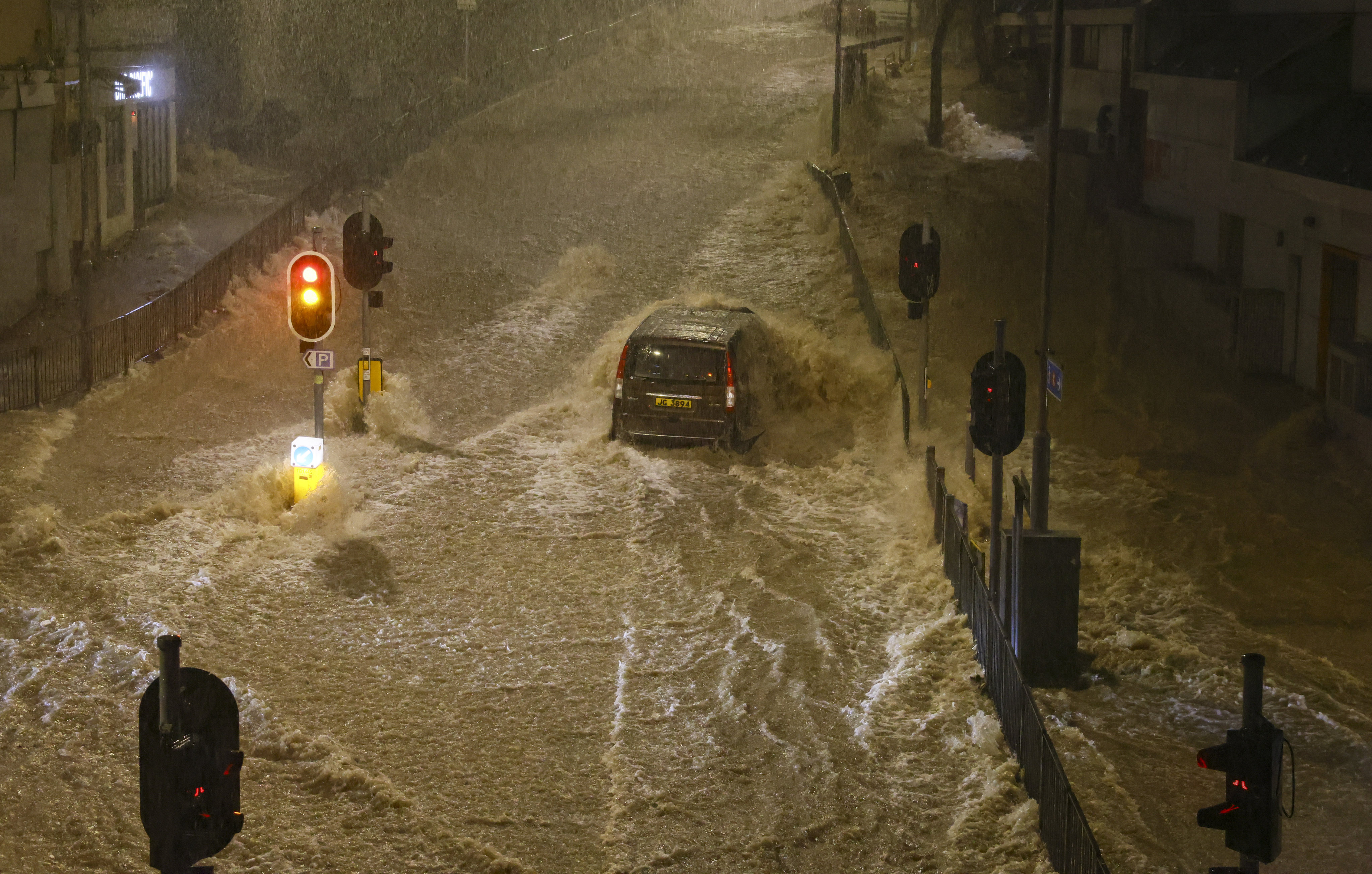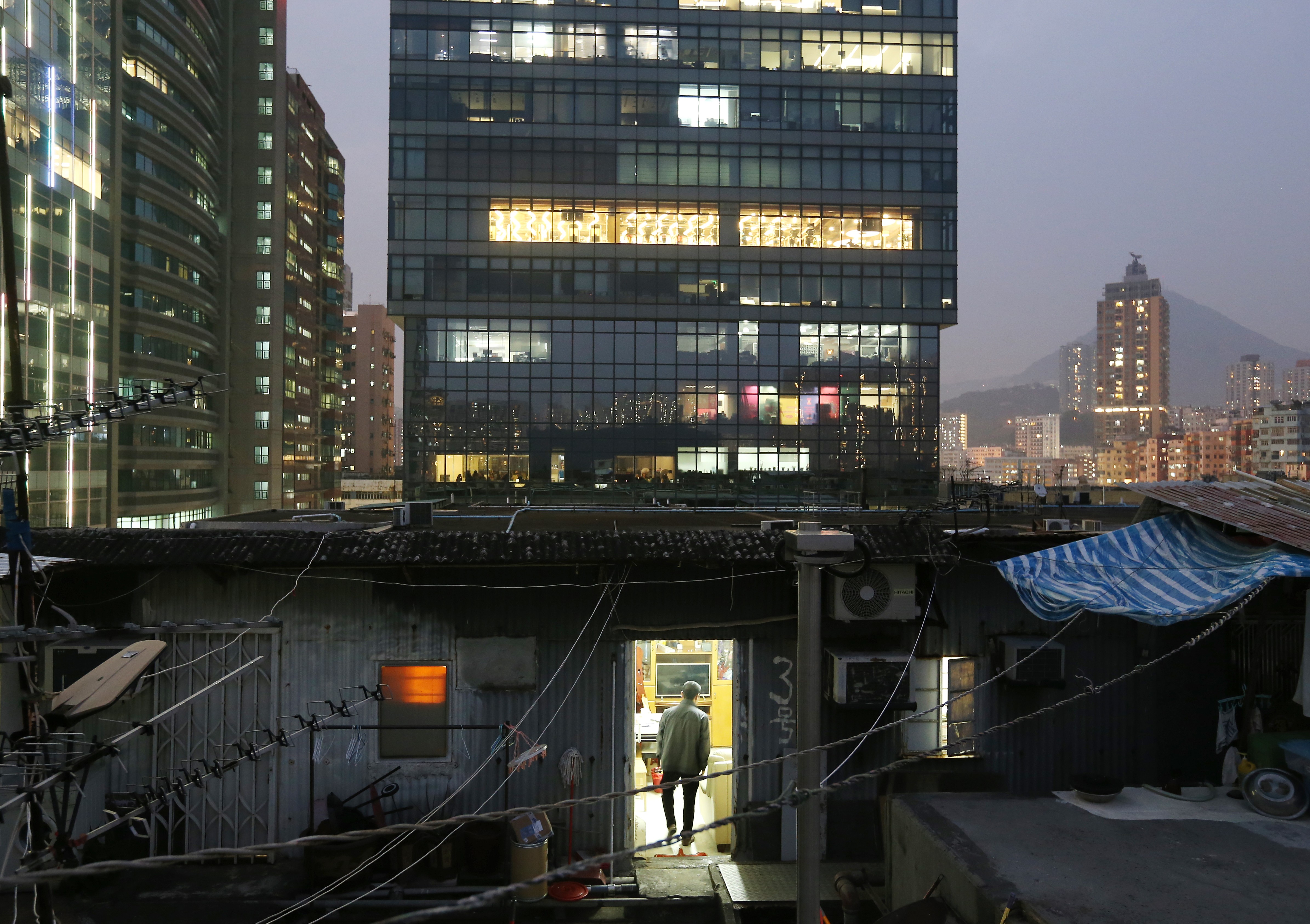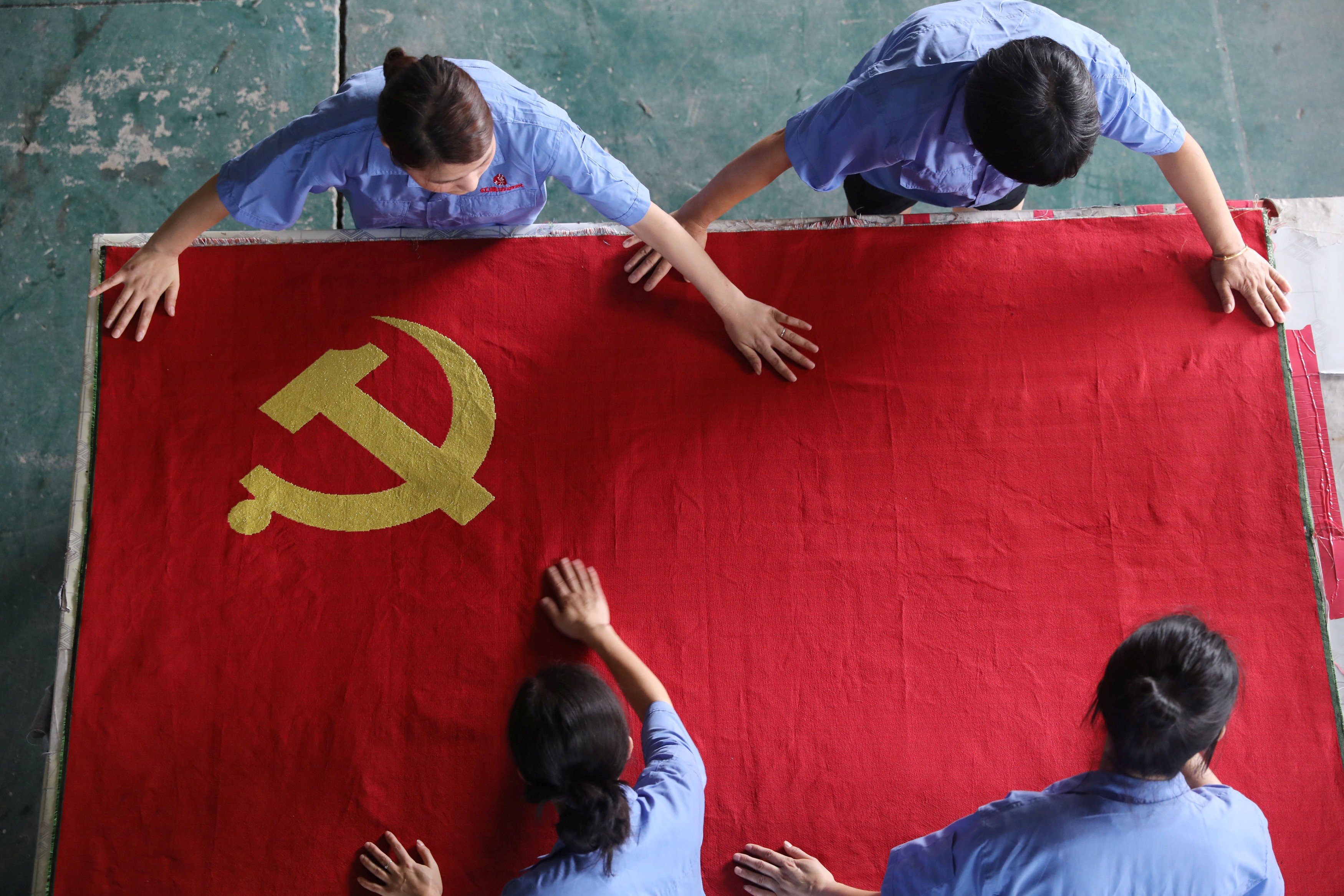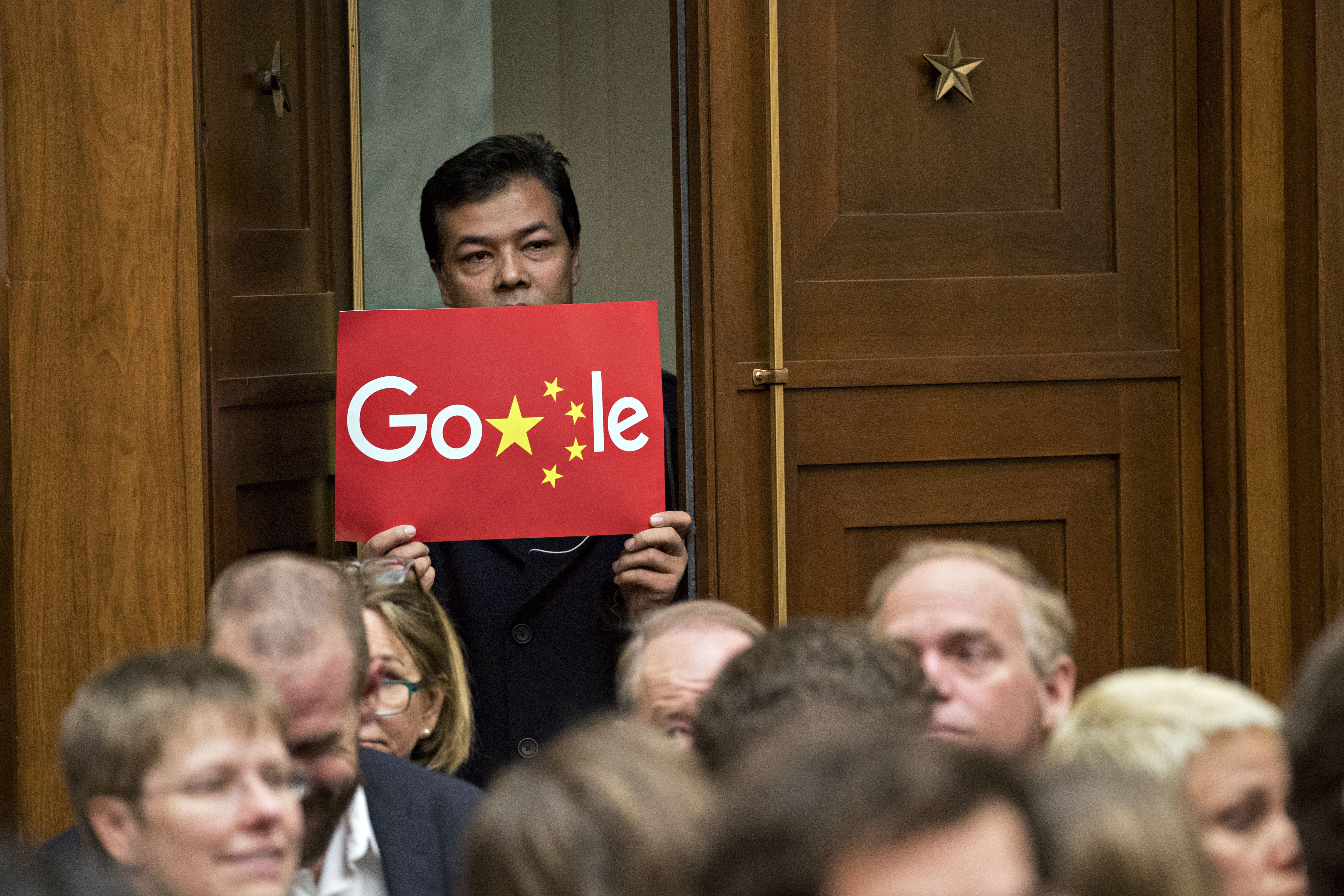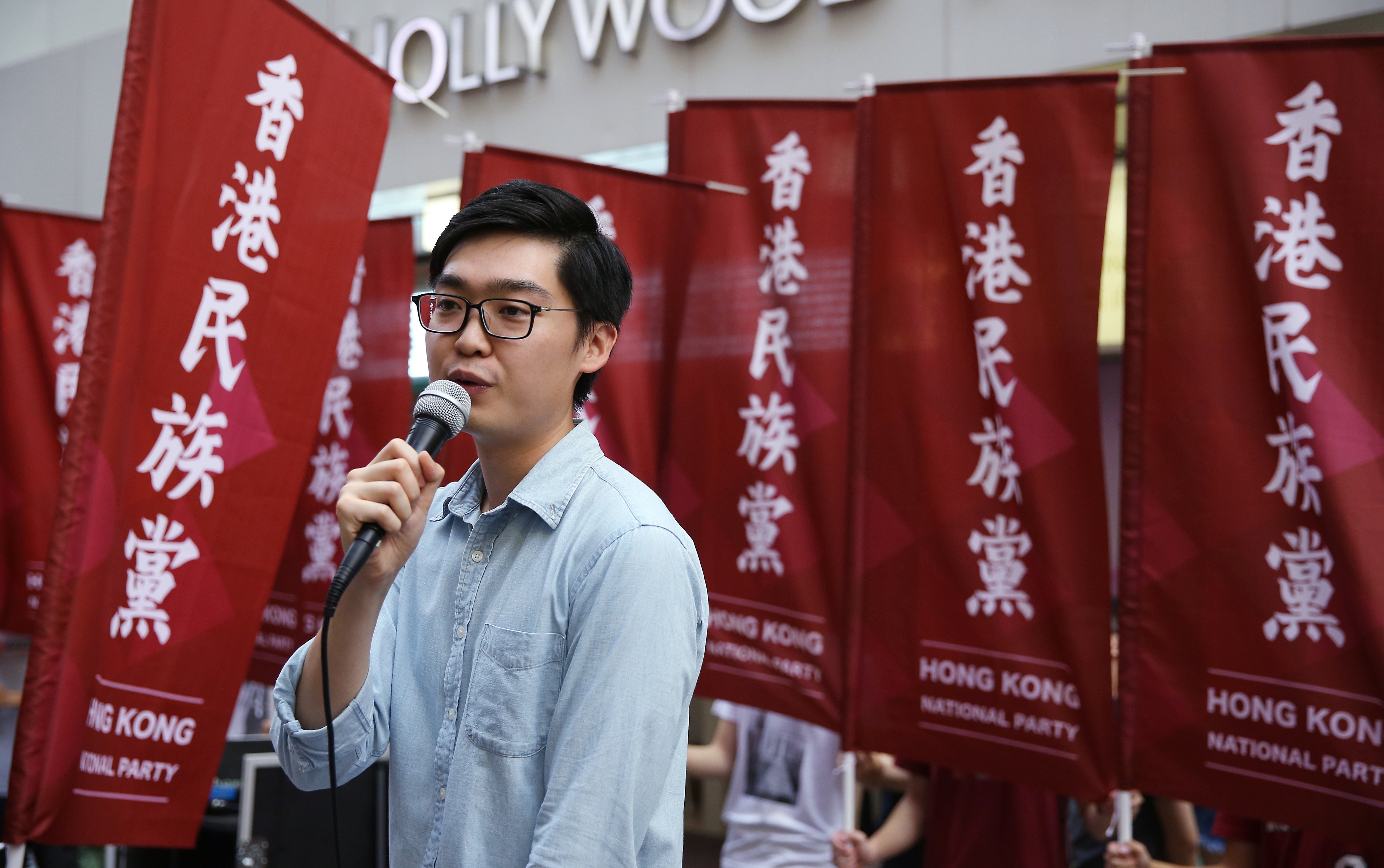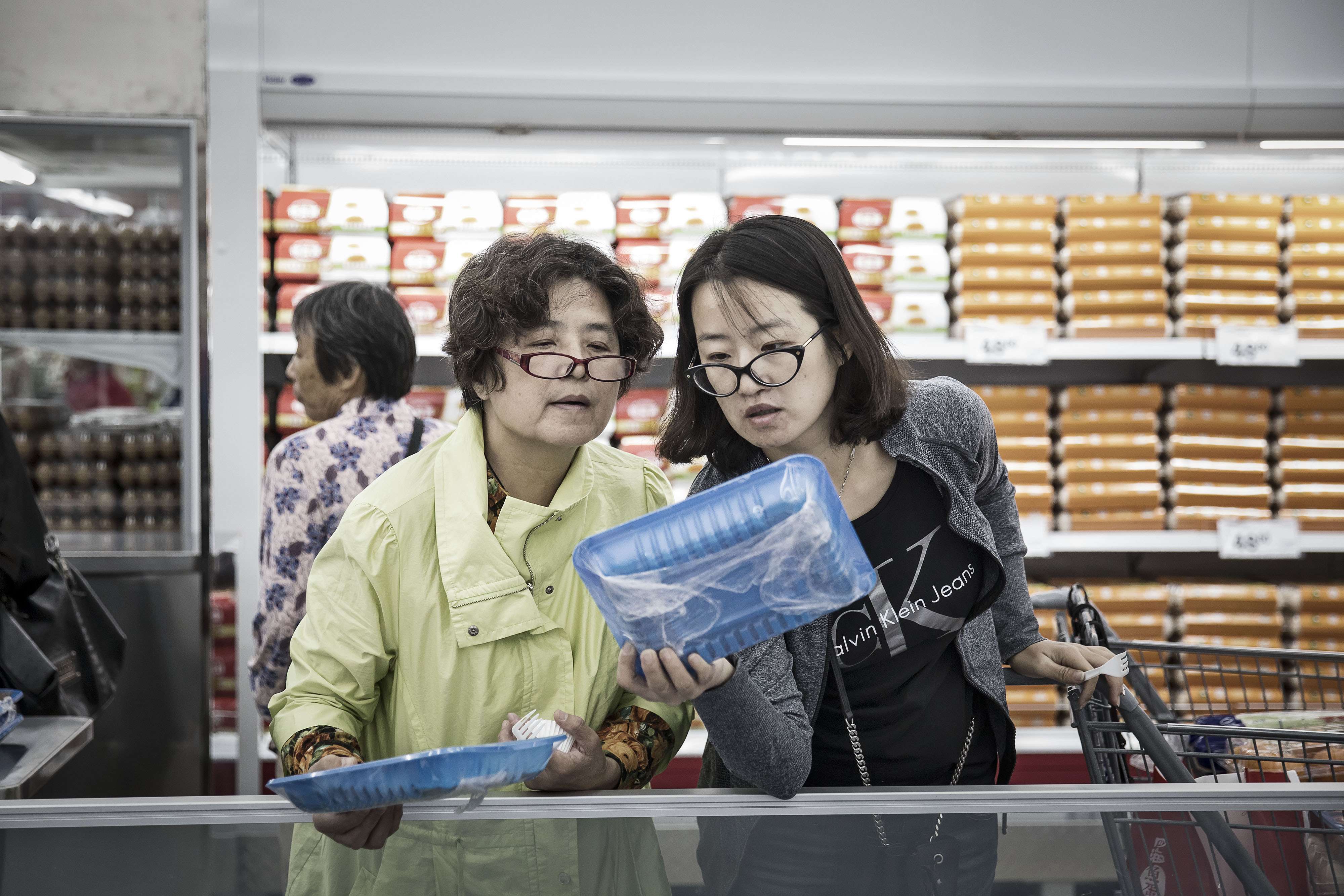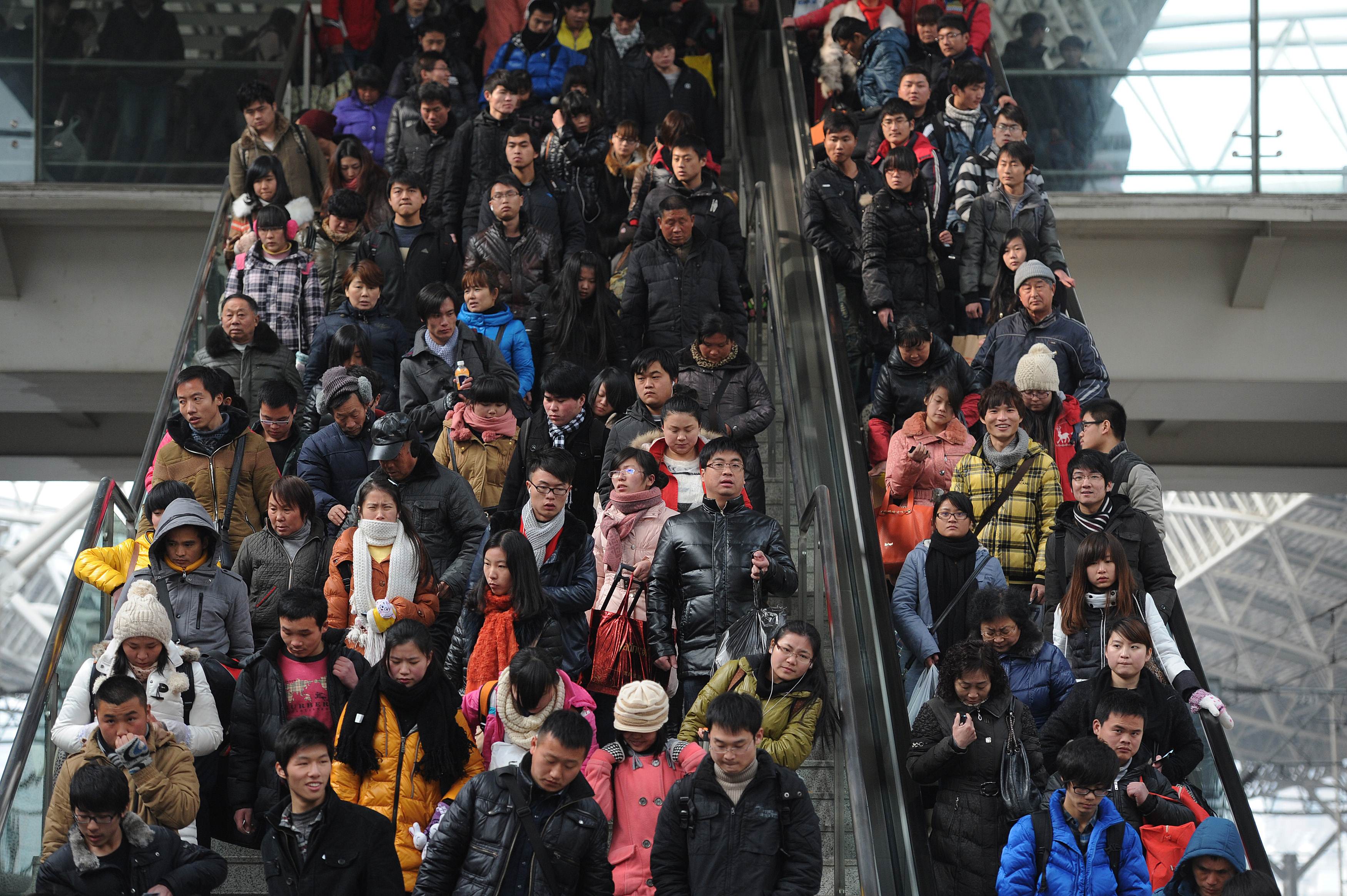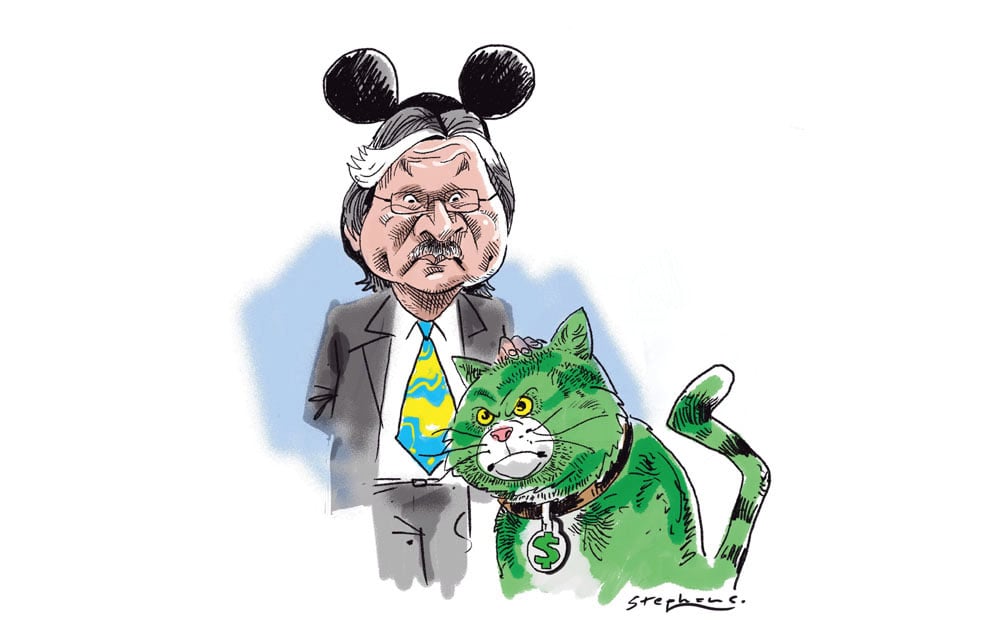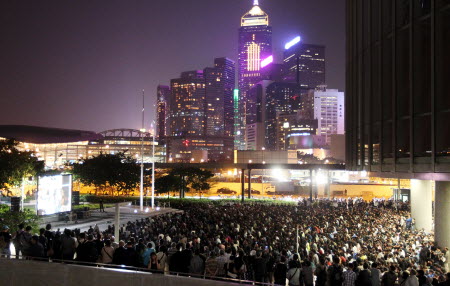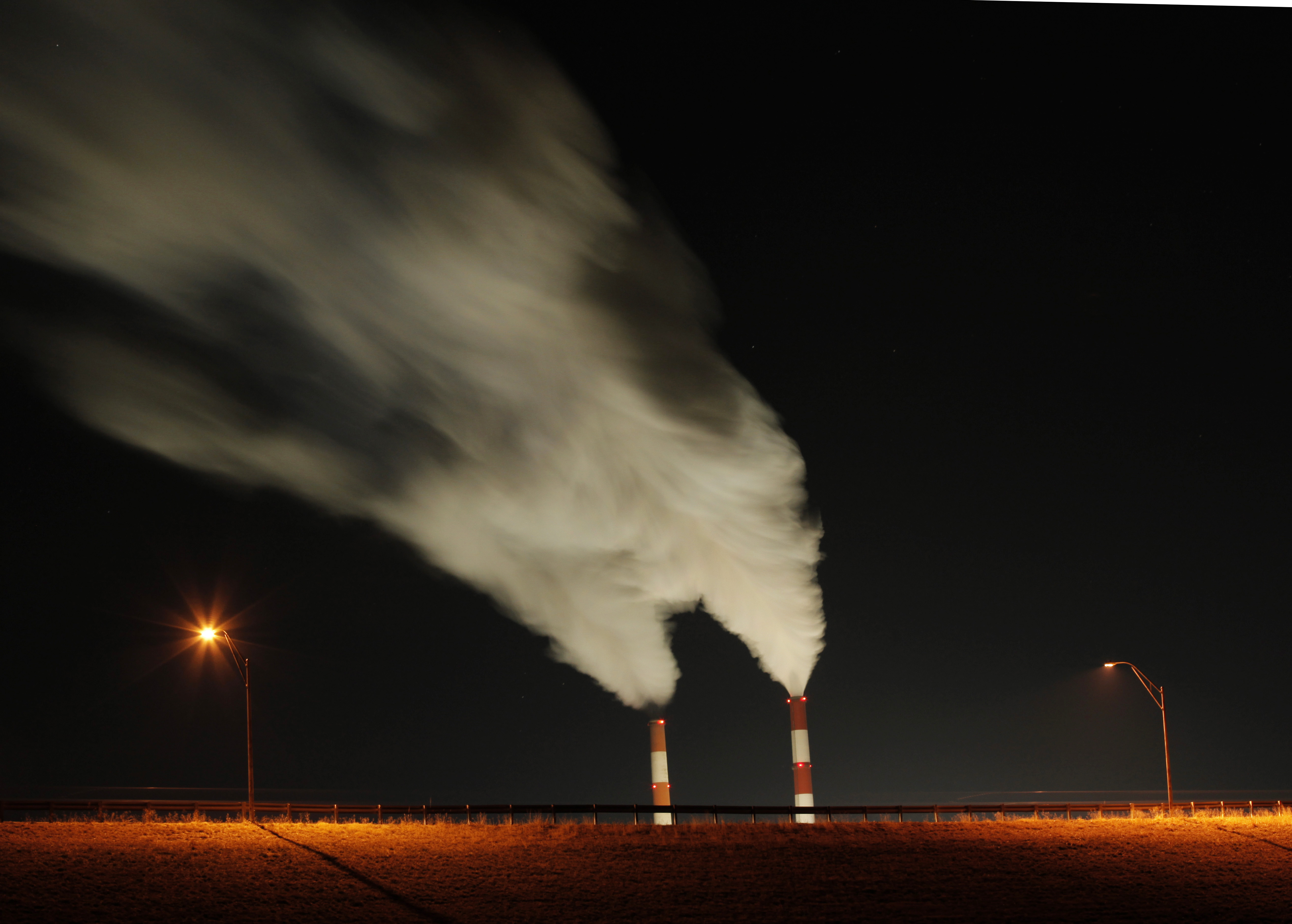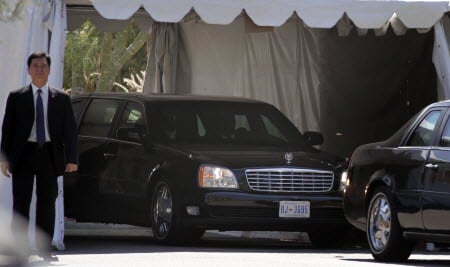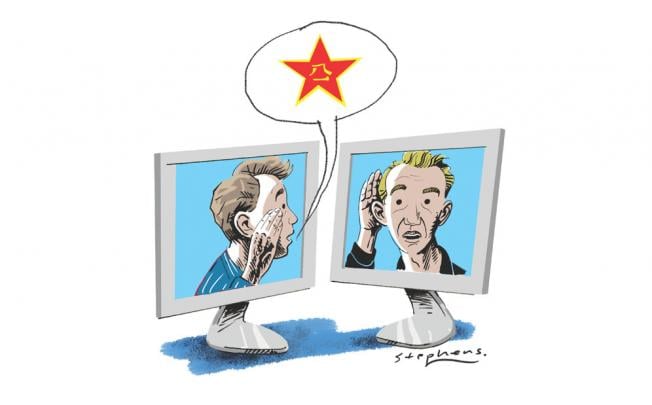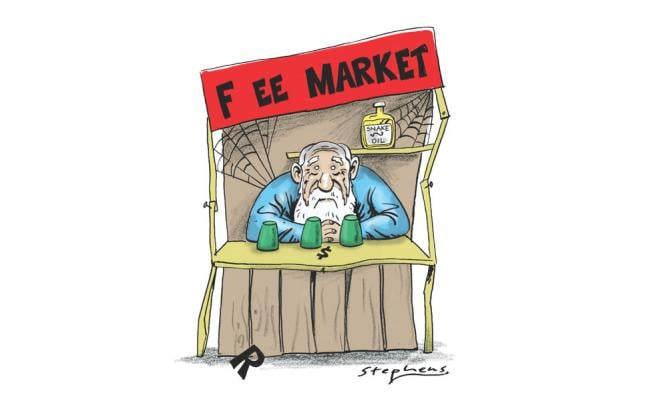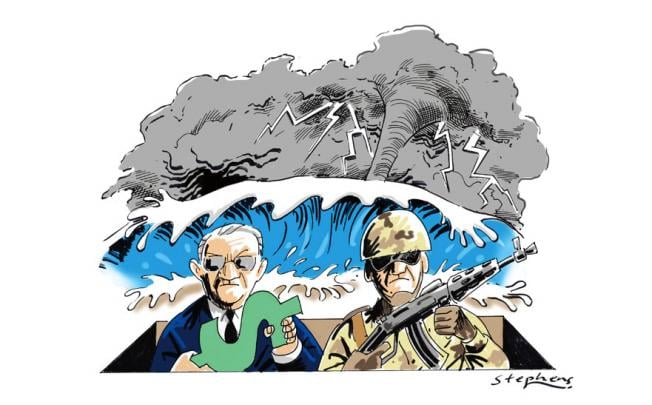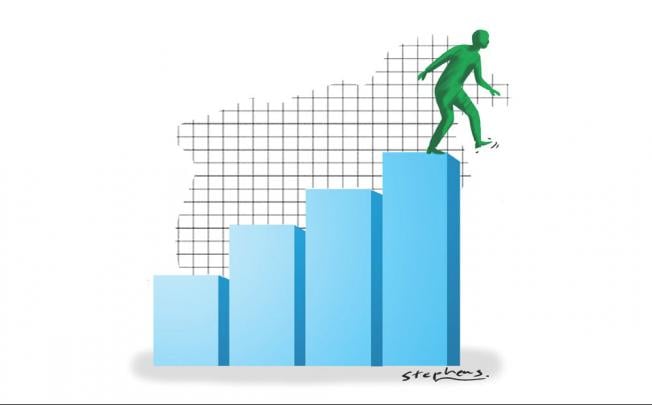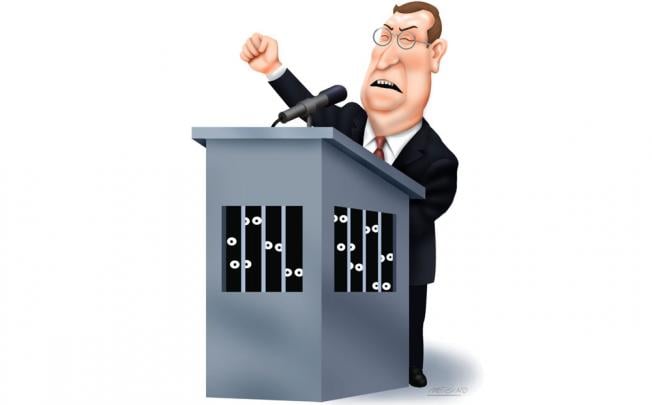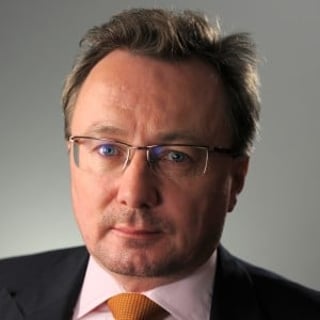
If someone consumes lots of sugar, the damaging impact takes time to show up, but it will – and the same is true of global warming. In Asia, rising heat could affect children, then parents, then economies. Societies must watch out for small events that could lead to far worse outcomes.
Promoting sustainability for businesses is misdirected effort. Governments define the framework in which businesses operate, so they must exert their influence to get firms to act in ways that are otherwise unprofitable.
Hong Kong is a free market on steroids that serves the rich. As discontent over an unjust system boils over, it’s time to introduce easy policy fixes, starting with targeting oligopolies and better welfare.
The US is demanding that China change course and, for all its growth and promises, Beijing is in no position to argue: in tech, it still lags at least 10 years behind the US and doesn’t have the depth of skills to produce its own high-end goods.
American tech companies want to offer cloud services in China so they can gain access to data on Chinese consumers’ preferences. Beijing fears, however, that this allows US firms a way to influence opinions on more controversial subjects.
China, like other nations, has limits on freedom of speech and the Foreign Correspondents’ Club should respect this by keeping independence off the table.
Before we set fire to any more State Council documents, claiming they are little better than toilet paper, or get in a stew about how independent Hong Kong's judiciary is, we should reflect a little on Beijing's latest white paper on "one country, two systems".
In the brief moments I spent chatting to him last year before we both spoke at a conference, I think I can say that I liked John Tsang Chun-wah. He seemed a decent sort and well-meaning. Though he spoke in that horribly confusing style that finance ministers around the world seem to prefer, he came across as someone who was trying very hard. He was doing a difficult job, too often constrained by the political tides that dragged him to and fro like driftwood.
I was in Admiralty this week and took a detour to talk to some of the HKTV protesters, to hear what they had to say. I found people heartfelt in their views, willing to sleep on concrete to have their voices heard. They talked about censorship and a lack of democracy, about the need for more openness in government, about wanting less influence from Beijing. It was about freedom of the press, they said.
We want to live in a world without limits. Like long-distance runners and racing drivers, humankind is always trying to overcome limits to achieve more.
They drive big black cars and look out from behind darkened windows. The people inside are dangerous, watching everything, protected behind thick steel doors.
The mind-modifying machine is being cranked up and the sound of nasty news is getting louder. Russia is being demonised again and for reasons that are less than just.
Recently, a US company few of us had heard of gained instant fame for saying the People's Liberation Army was behind a lot of computer hacking. That may be. But the claims made by Mandiant should also be treated with caution, and not just because they have been vigorously denied.
The free market has been a wonder of our age. Its ideas have been like some remarkable scientific breakthrough that transformed the world. The free market propelled America and the West to global economic dominance, and allowed hundreds of millions of people in China and elsewhere to prosper. It won the 20th century.

